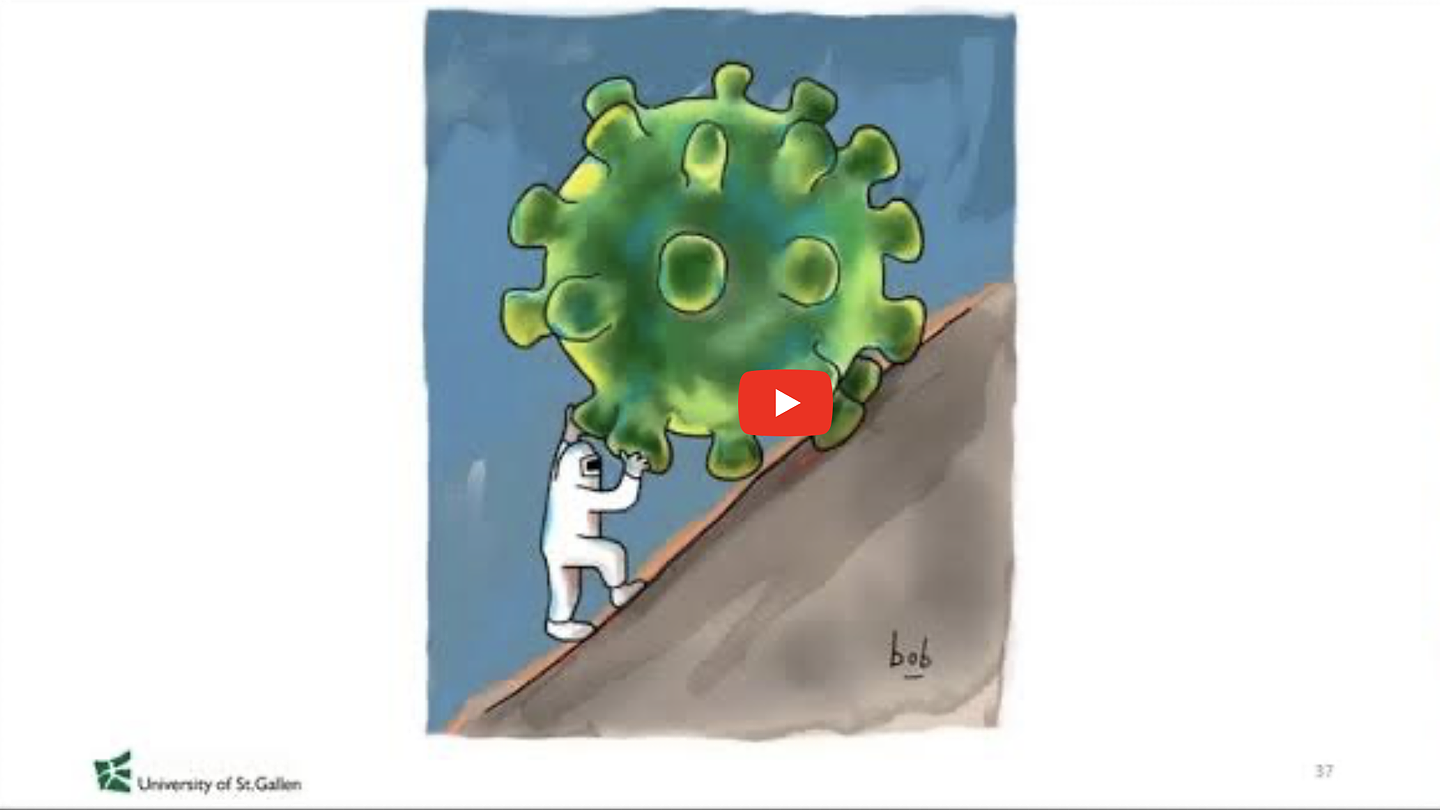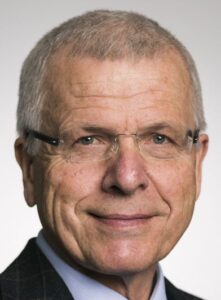
The management of coronavirus is usually viewed and commented on from an epidemiological, virological or economic perspective. We will demonstrate that the organisational dimension is equally important in this context. It is too often neglected. In a study which is close to completion, we explore the question of how the organisation for dealing with the Covid 19 crisis is working, how effective it is, and how it could be improved. The focus is on the corona crisis in Switzerland, which is a federalist system. Both our diagnosis and suggestions for design are based on the Viable System Model (VSM). The purpose of our study is to diagnose the status quo and make suggestions for organisational improvements to overcome the corona crisis. The study is also to learn for coping with future pandemics.
Speaker Bio

Markus Schwaninger, Emeritus Professor of Management at the University of St. Gallen, Switzerland. He is an international expert in Organizational Cybernetics and System Dynamics. His methodological position is transdisciplinary.
Research focus: Modelling and development of complex social systems, i.e. private and public organizations: for example, strategic and integrative management, organization design, management systems, organizational transformation and learning, sustainability issues. Long-term effort to build bridges between quantitative and qualitative methods, both in basic and applied research.
Mandates (Selection):
- Academic at IACSYS-The International Academy for Systems and Cybernetic Sciences; Board Member;
- WOSC-World Organization of Systems and Cybernetics;
- Fellow of BCSSS-Bertalanffy Centre for the Study of Systems Science;
- Managing editor, System Dynamics Review. Consultant and supervisor.
About 250 publications in 6 languages, including the book Intelligent Organizations published with Springer. For more information on Markus Schwaninger’s publications, please see:
https://www.alexandria.unisg.ch/view/pub_alex_user_id/502.html
